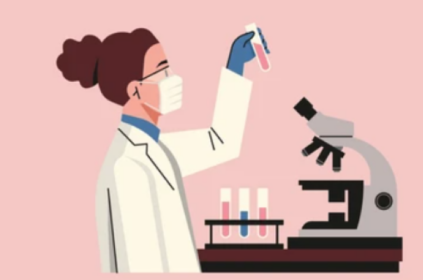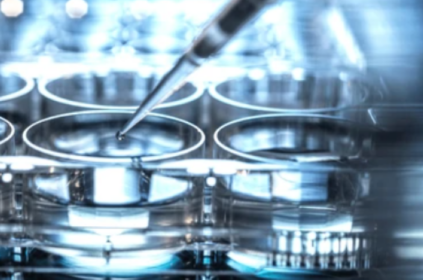During a recent media briefing in May 2024 relating to Digestive Disease Week, Dr. Shruthi Perati of Rutgers’ Robert Johnson Medical School, one of the nation’s leading comprehensive medical centers, spoke on the subject of gastric cancer risk assessment.
Dr. Shruthi explained the urgency of solving the early detection problem as no screening guidelines currently exist for gastric cancer in the U.S. As a result, over 50% of patients who have gastric cancer received their diagnosis at advanced stages. The doctor emphasized that treatment for these patients is often too late.
Dr. Shruthi further stated that her team’s goal was to find out if a simple mouthwash could influence early detection of gastric cancer. Their mission was to identify the differences related to gastric cancer as well as premalignant conditions against controls which are the clinical trial groups who do not receive the treatment being investigated.
The control participants are a comparison group and therefore are matched to the experimental group for example in age, social class, and gender.
A total of 98 patients submitted oral samples that were analyzed. This included 38 healthy controls, 30 gastric cancer patients, and 30 premalignant gastric cancer patients.
About the Results
The team reported significant disparities in the microbiome of cancer patients compared to the control group. Similar differences were found between the premalignant gastric patients and the controls.
Dr. Shruthi theorized that the environment in the stomach begins to change as it becomes malignant. These findings led the group to develop a model of 13 bacterial groups that exhibited significant differences between the controls and patients who had cancer or had premalignant conditions.
The team was encouraged that even with their small group they could see substantial disparities in oral microbiome in patients with premalignant cancer and gastric when compared against controls.
And Now the Findings
The findings appear to suggest that there is a potential for oral microbiome to act as a biomarker of precancerous and cancerous adjustments and assist in observing the stomach environment. Dr. Shruthi further stated that their study implies that it could expedite the desired noninvasive and early tests for gastric cancer.
Editor’s Note: Get Involved
Cancer doesn’t discriminate. WHATNEXT and its partners are interested in amplifying the voices of those from all identities and backgrounds. If you have a cancer journey to share, reach out here to learn more about how your voice can help spread awareness and inspire individuals from all walks of life.
cancer diagnosis cancer research gastric cancer stomach cancer
Last modified: June 28, 2024











